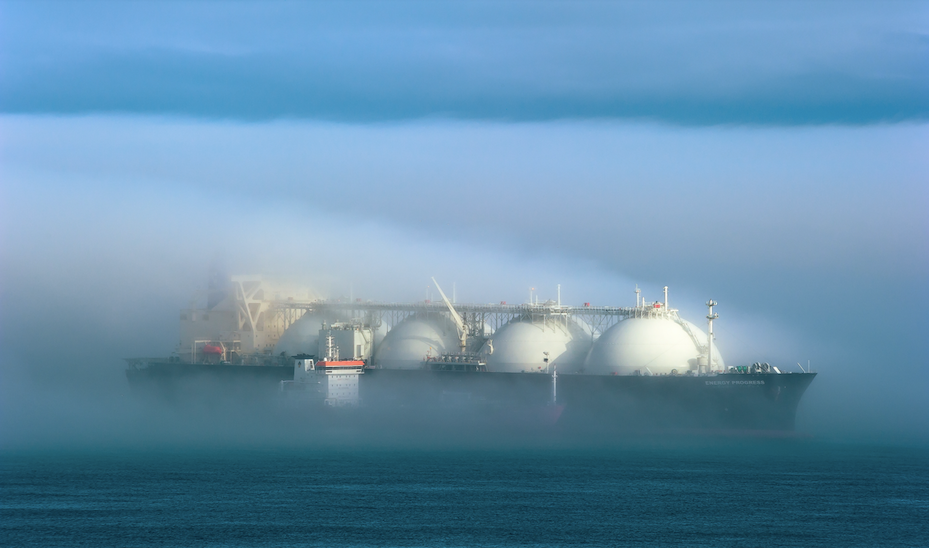
The EU has increased its overall purchasing of Russian LNG, despite the block’s pledge to cut dependence on Russian fuel by 2027.
Almost half of all LNG that Russia exported between February and November 2022 flowed to Europe, generating approximately $14bn in revenue, reports Reuters. Russian LNG deliveries to Europe increased last year to 22 billion cubic metres (bcm), from around 16 bcm in 2021.

Discover B2B Marketing That Performs
Combine business intelligence and editorial excellence to reach engaged professionals across 36 leading media platforms.
Since Russia’s invasion of Ukraine in February 2022, the EU placed sanctions on imports of oil and coal from Russia via sea routes. However, no restrictions were placed on the use of Russian pipeline gas for fuel.
As a result, EU countries have paid billions of dollars for purchase of LNG to Russian gas firms Novatek and Gazprom. These energy companies are among the biggest contributors to Russia’s budget through corporate taxes.
Resistance to sanctions among EU countries
Last month EU energy commissioner Kadri Simson urged member states and all companies to stop buying Russian LNG and not sign new contracts after the existing ones have expired. Instead, Simpson proposed that EU countries extend a voluntary target to cut their consumption for next winter by 15%.
Though there is political pressure to let go of all dependence on Russia, Belgium and Spain doubled their imports of Russian LNG in the 12 months since the war. Spain continues to be the largest importer of Russian LNG in 2023, followed by Belgium and France. In April, Hungary signed new agreements with Russia for continued access to energy supplies.

US Tariffs are shifting - will you react or anticipate?
Don’t let policy changes catch you off guard. Stay proactive with real-time data and expert analysis.
By GlobalDataGazprom, the majority state-owned Russian company, also stated it would maintain options to supply additional gas to Hungary over and above the agreed shipments. The gas would be transported through the Turkstream pipeline, with its price capped at €150 per cubic meter.
Taking the legal route
In March, EU countries agreed to seek a legal option to put an end to LNG deals between EU and Russia. Various governments backed restricting Russian firms from booking LNG transport infrastructure capacity.
The proposal is yet to be negotiated in the European Parliament. If approved, this would likely prove a more effective way to stop Russian LNG imports, as outright sanctions require unanimous approval of all states.
Hungary refused to support the negotiation, which also covers rules for integrating more low-carbon gases into the country’s energy infrastructure. However, even if implemented, Russia would remain able to sell LNG via third-party countries.





